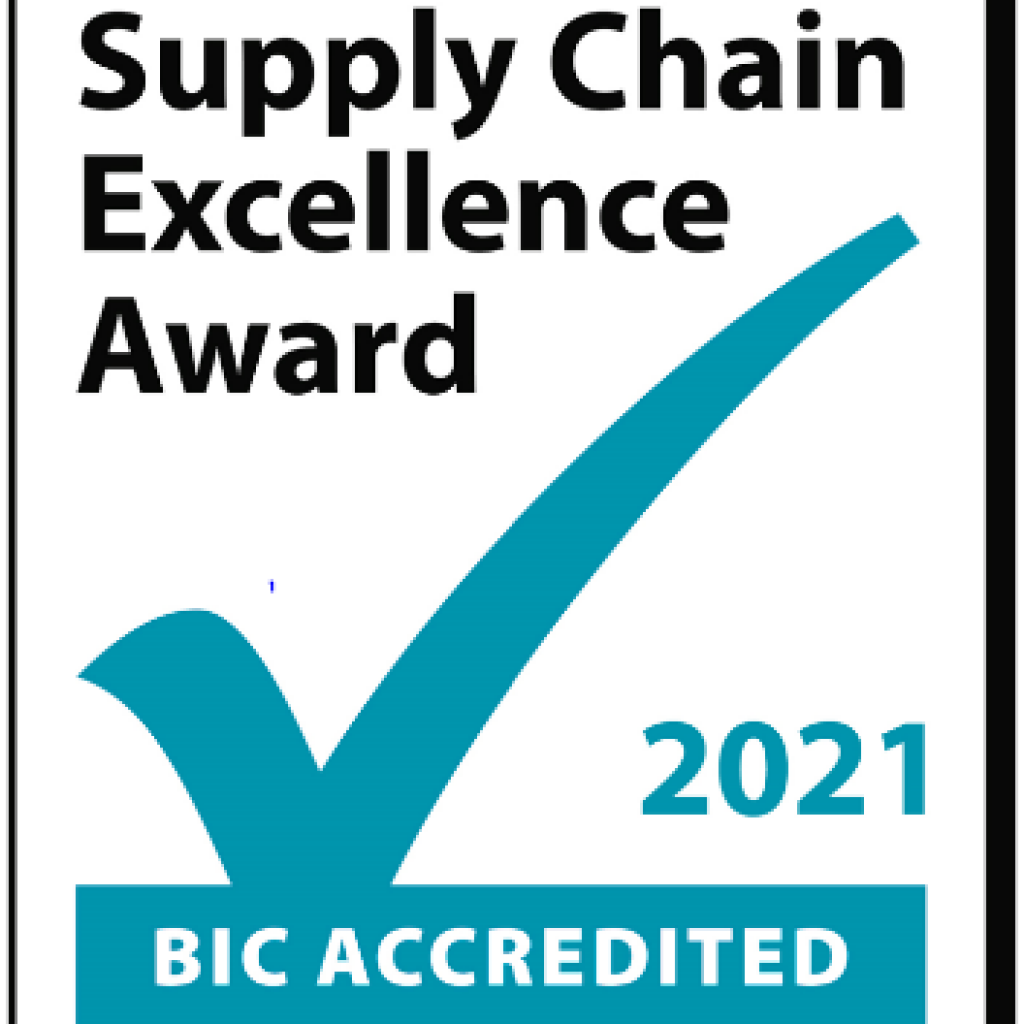Sea Freight:
As we move towards another pinch point in the freight market from Asia – Golden Week, from Friday October 1st to Thursday October 7th – where factories in China will mostly be closed, there have been some interesting developments in recent days. In what appears to be good news, French-owned CMA-CGM Shipping has announced that there will be no further rate increases to Asia-Europe spot rates until February 1st, 2022. The market has reacted somewhat cynically to this, citing that it excludes surcharges, and that with rates currently over US$16,000 per 40’ container and the market seemingly flattening out, it’s more of a PR ploy than an actual benefit to shippers. James Hookham, a director at the Global Shippers’ Forum, quipped to freight website The Loadstar: “It’s like the torturer asking the prisoner ‘aren’t you grateful I’m not turning the screw on the rack any further?’.” CMA CGM posted a nett profit for Q2 of US$3.5Bn – a 2500% increase on the same period is 2020, following a loss of US$109m in Q2 2019. The extraordinary profits registered this year by global carriers, combined with dire schedule reliability, have brought the attention of global regulators. “The current market situation is catastrophic – freight rates skyrocketed, yet predictability and reliability deteriorated to unthinkable levels. It is clear that new regulatory regimes are needed to ensure proper market functioning and stability,” Sunny Ho, executive director of the Hong Kong Shippers’ Council.
With shipping line vessel utilisation above 90% on most trade lanes, and effectively full, there is a metric which is not being published, and that is the amount of cargo not being shipped, whether left of the quay, sitting in port stacks or in export warehouses waiting for slot availability. There is a huge volume of cargo waiting to move, which makes the announcement that some lines are planning to cancel sailings during Golden Week even more astonishing. The ‘blank sailings’ as they are known are being painted as an effort to get schedule reliability back on track. The 2M consortium of Maersk and MSC are ‘rescheduling’ four sailings to Europe in weeks 39 and 40, removing some 70,000 20’ slots of capacity. There is currently a delay of around a week on some services due to vessels being out of position and port congestion, and the intention is to amend the voyage numbers to the following sailing so that the vessels then appear to be on time. 2M said it had “decided to adjust the voyage numbers” of the sailing of the MSC Istanbul in week 42 and the MSC Bettina in week 43 “in order to match with the corresponding actual departure weeks of the vessels and services”. We are working to have our commitment on the cancelled vessels moved to alternate sailings but still await further news.
Whilst freight rates on the Asia-Europe freight market appear to be stabilising and possibly even starting to fall slightly, the same can’t be said for the Trans-Pacific where there is no sign of a reduction in demand. Today there are a record-breaking 56 container vessels waiting in San Pedro Bay and average delays for a berth at Los Angeles/Long Beach are 8 days. The Freightos Baltic Index (FBX) reading for Asia to the US west coast is up 8% on the previous week, at $20,586 per 40ft, 450% higher than 12 months ago. The east coast component recorded a 7.6% increase on the week, to $22,173 per 40ft, 388% ahead of a year ago.
The number of containers moved per vessel call has increased exponentially during the pandemic, placing enormous pressure on ship working and landside operations, according to a new IHS Markit report.
The latest Port Performance Data compiled by the analyst reveals that vessel exchanges – containers handled – at major US, North European and Asian ports jumped between 10% and 70% in the first half of the year on the same period of 2020. In North Europe, container move increases were led by Felixstowe, which saw and 18% leap in boxes handled, followed Antwerp, with an increase of 14%. In Asia, Singapore’s 27% surge was followed by a 24% jump at Yantian and a 23% increase at both Shanghai and Ningbo. However, Southern California’s Long Beach facilities recorded the highest increase of the ports surveyed. with a massive 73% more container moves per vessel call.
A coalition of 152 companies and trade associations representing US importers, exporters, transportation providers and other supply chain stakeholders has submitted a letter of support to Congress endorsing the Ocean Shipping Reform Act of 2021. The bipartisan legislation was introduced last month by Congressmen John Garamendi and Dusty Johnson. The new bill, created on the back of a wave of anger among US agricultural exporters, will ban carriers from declining all cargo bookings for exports. It will also require liners include a statement of compliance with Shipping Act regulations. The FMC will also be required to post publicly all findings of false certifications by ocean carriers, as well as giving the FMC greater strength to ensure US exporters are not shunned by carriers. However, given the large amount of legislation facing Congress this autumn, any chance that the act will be passed in the coming weeks looks unlikely.
It’s not just container lines who are coming under scrutiny from regulators in this most chaotic year for global supply chains. Down Under, the Australian Competition and Consumer Commission (ACCC) is investigating whether port operators are involved in price gouging. The ACCC has kicked off an investigation looking at both liner and port activity over the past year where shipping containers in and out of the country has risen by 300%. The twin track of the investigation – ports and carriers – will be watched by other regulators around the world carefully as many other nations are also looking into high supply chain costs at the moment. The ACCC has a history of tackling anti-competitive shipping behaviour, most notably in the car carrier segment. Rates to unload import containers in New South Wales have risen by fivefold over the past four years, from nearly A$25 ($18.33) to A$122 per container, according to data from the Container Transport Alliance. “We welcome the investigation as it will show that the current issues are caused by normal market mechanisms and by bottlenecks in the supply chain,” said Melwyn Noronha, the CEO of ship-owning lobby group Shipping Australia.
Road Transport:
I first started mentioning the growing shortage of truck drivers in the UK over a year ago, and it has now come to the fore and is replicated to some extent in many developed countries around the world. As previously announced, most UK container hauliers are now applying a ‘Driver Retention Surcharge’ and the logistics industry is calling on the government to ease visa restrictions to attract drivers from eastern European countries back to the UK. With driver shortages across Europe, there is no certainty they would come anyway, but the response from the Home Office is that ‘firms now need to invest in UK staff’. It’s estimated that there are over 500,000 licenced HGV drivers in the UK, and roughly 300,000 already working in the industry. On paper, there should be enough drivers to cover the shortfall, but the factors which made them leave the industry in the first place – very unsociable hours, poor working conditions and low pay haven’t really been addressed, although there may now be some movement on the final point. So far, government measures to alleviate the situation include extending the permitted daily working time for drivers, and proposing changes to the testing of new HGV drivers so that there will not be a waiting period between driving rigid vehicles before progressing to semi-trailers – both of those rules were in place as safety measures, and are hardly likely to encourage drivers back to the profession.

Brexit:
Documentary checks on foodstuffs and other products entering the UK, which were scheduled to begin on October 1st are delayed to January 1st 2022, and physical checks from January 1st 2022, have now been delayed to July 2022, the Brexit minister announced today, citing ‘pressure on global supply chains’ whilst omitting to mention that the required processes, systems and infrastructure are not yet ready. Inspection facilities at key ferry ports such as Dover, Holyhead and Pembroke are yet to be built, and another unnamed port had to demolish the facilities it had built due a change in government requirements. Despite pleas from the National Farmers’ Union and the Food and Drink Federation that such postponement would give European exporters a commercial advantage over British firms, the government decided that it had no choice. Business leaders including the NFU said delaying the new trade barriers would not solve the food shortages in the supermarkets as this was the result of a chronic lack of lorry drivers. The Food and Drink Federation said all the big supermarkets importing fruit and vegetables from the continent were already prepared for the paperwork. The official announcement can be found here: Written statements – Written questions, answers and statements – UK Parliament

A bit of self- congratulation:
We are delighted to announce that we have, once again, received a Supply Chain Excellence Award from Book Industry Communication. It’s a tribute to the hard work our team here in the UK and our offices overseas have put in during the most difficult year in all our careers, and thanks to our clients for enduring a very trying period. Hopefully, we’re closer to the end of it all rather than the beginning and can guarantee our team will do everything they can to keep things moving. Thanks to BIC for the award, which is much appreciated!
And finally….
You may not have heard of a ship called the Coral Crystal, a Panamanian-registered vessel of around 40,000 deadweight tonnes, but for a few hours last week there was rising panic when it ran aground in the Suez Canal. Following the Ever Given incident earlier in the year, it was the last thing the global logistics industry needed, but happily, it was in the section of canal that has a dual channel allowing other ships safe passage and was re-floated later in the afternoon. Phew!
I’ll try not to leave it too long before the next update. Thanks for reading, and credits to The Loadstar, Splash247, and a variety of other websites for their contributions and verifications to the information above. I’ve just realised in re-reading that the image I used for the Brexit section could have been used everywhere else too!


